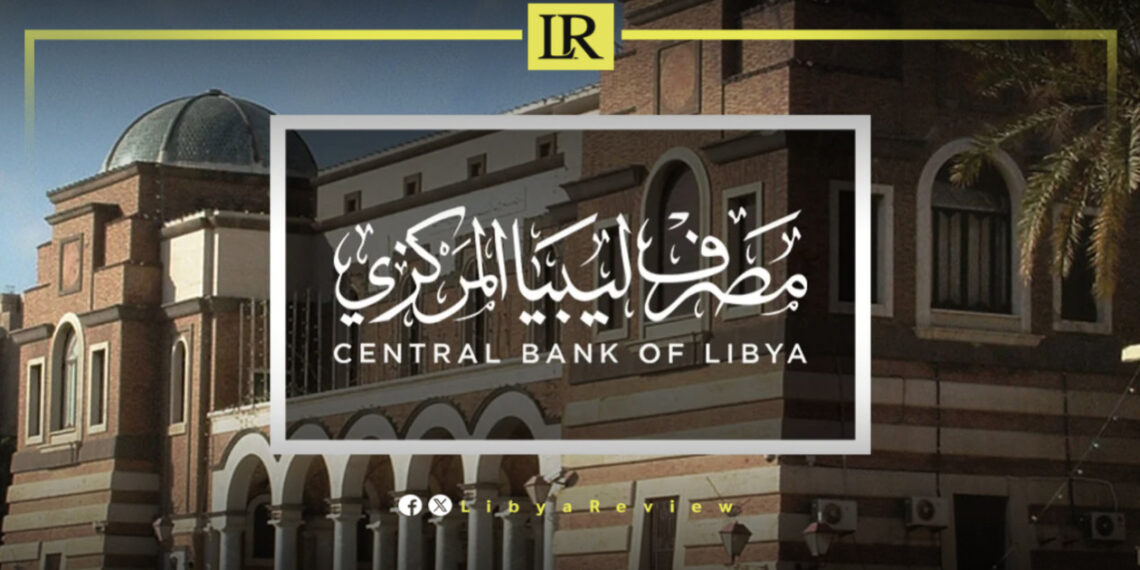The National Committee for Combating Money Laundering and Terrorism Financing in Libya has issued a strong appeal for the immediate adoption of the country’s long-awaited anti-money laundering (AML) and counter-terrorism financing (CFT) law.
In a statement, the committee stressed that safeguarding Libya’s financial system is a shared national responsibility that requires coordinated action across legislative, executive, judicial, and regulatory bodies. It warned that the country’s current legal framework remains vulnerable to exploitation by criminal networks, placing Libya’s financial integrity at serious risk.
The committee emphasized the urgent need to establish a comprehensive and internationally compliant legal and institutional structure to prevent Libya from being isolated from the global financial system. Without swift reform, Libya could face damaging international scrutiny, heightened due diligence measures, and even blacklisting by global financial watchdogs.
Citing recent intelligence and international reports, the committee said that there are growing concerns over suspicious transactions potentially flowing through Libya’s financial networks. These incidents reflect the fragility of existing controls and expose the country to potential legal consequences and reputational harm on the global stage.
The statement underscored that adopting the draft AML/CFT law is critical for Libya to meet the requirements of the Financial Action Task Force (FATF) and to demonstrate the country’s commitment to transparency and financial accountability.
Failure to act, the committee warned, could result in severe economic consequences, including restricted access to international financial services, increased investor hesitation, and a further erosion of public confidence.
The committee concluded by urging all relevant institutions, including the Central Bank, Parliament, judiciary, law enforcement agencies, and financial regulators, to act swiftly and decisively to pass and implement the new legislation.


